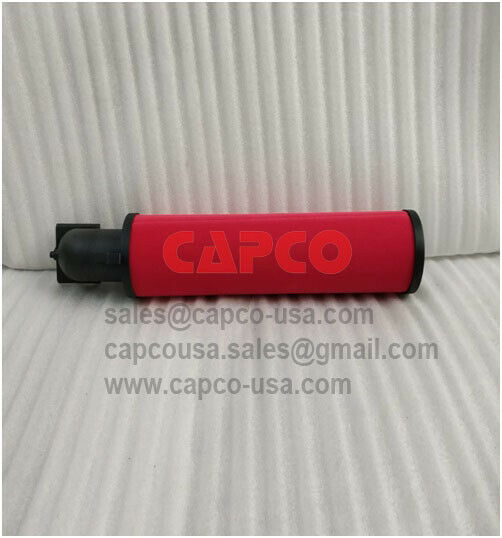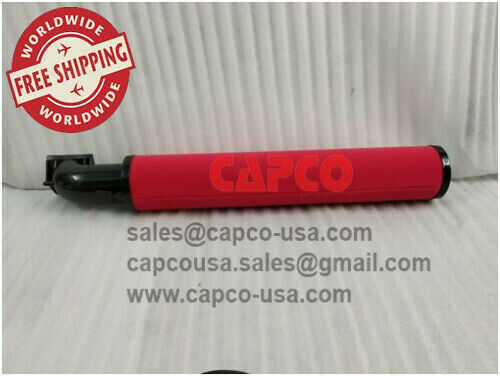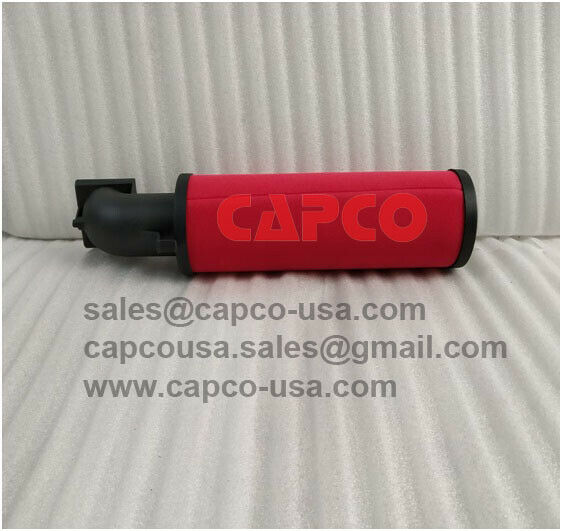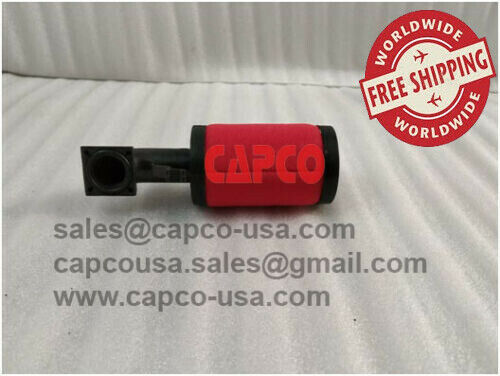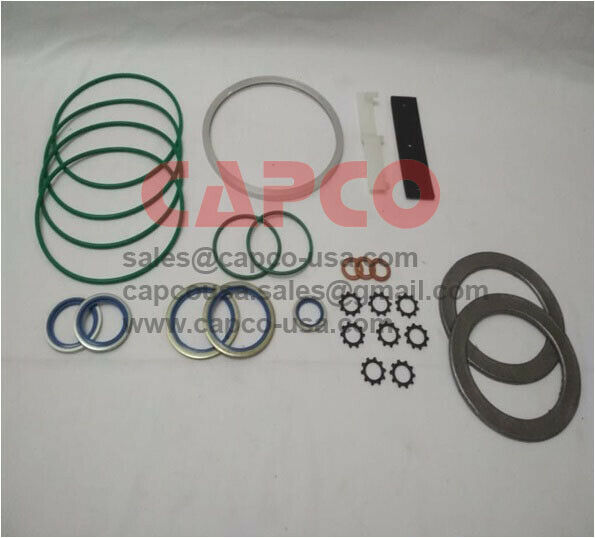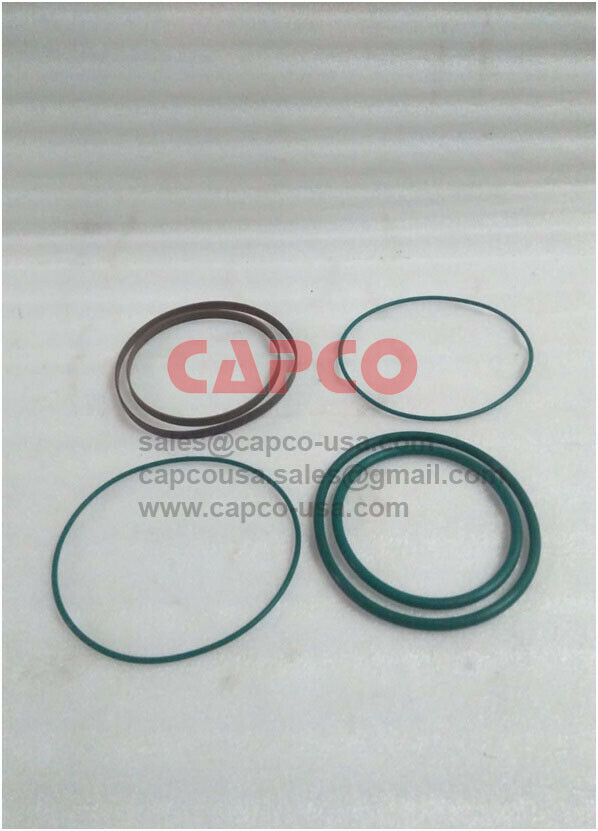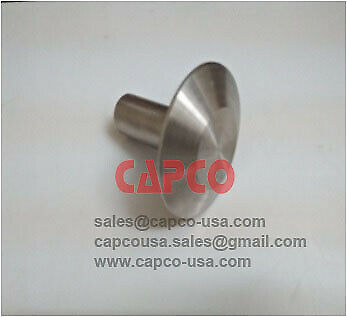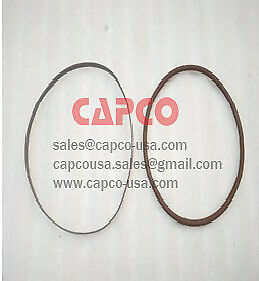-40%
3 Phase 100HP NPT2” Variable Frequency Drive Rotary Screw Air Compressor 425cfm
$ 11193.07
- Description
- Size Guide
Description
ParametersPower : 100HP / 75KW;
Input Voltage: 460V/60Hz/3ph;
Air Flow : 425-390cfm;
Max Working Pressure : 125-150 psi / 8-10 bar;
Output Pipe Diameter: NPT2"
SIZE: 78*53*78"
Weight: 3300lbs
Application:
Air Brushing,Blow Cleaning,Bolting/Wrenching,Brad Nailing/Stapling,Cutting,Drilling,Finish Nailing,Framing Nailing,
Grinding,HVLP Painting,Hobby Nailing,Hobby Painting,Inflation,Roof Nailing,Sanding,Spraying,Surface Prep
Premium Air System in high quality components ensures durability with constantly high efficiency.
High Performance Inlet Filter prevents contaminants from entering the compressor package.
Spin-On Oil Separator easy access for quick maintenance easy to remove & install saving time.
It is widely used in iron and steel, electricity, metallurgy, shipbuilding, textile, electronics, chemical, petroleum, mining, light industry,
machinery manufacturing, paper printing, transportation facilities, food medicine, casting spray,
marine terminals, military technology, automotive, aerospace, infrastructure and other fields.
Rotary Screw Air Compressors
A rotary screw air compressor enacts positive displacement using twin spiral screws. An oil-flooded system,
the more common type of rotary screw compressor, fills the space between the helical rotors with an oil-based lubricant,
which transfers mechanical energy and creates an air-tight hydraulic seal between the two rotors.
The atmospheric air enters the system, and the interlaced screws push it through the compressor.
How Do Rotary Screw Air Compressors Work?
All compressors work using a mechanical element that physically reduces the volume air takes up, compressing it.
In a rotary screw compressor, that mechanical component is a pair of screws.
These two screws are meshed together and turn continuously.
Air enters and is then compressed in the gap between the screw threads. Most rotary screws are oil-flooded,
although oil-free screw compressors are available.
Here’s how oil-flooded rotary screw compressors work:
Air enters the compressor through the inlet valve.
Air then travels through the pressure control line and into the regulator valve. This process sets the air pressure for the system.
Both oil and air enter the compressor, where they combine into a mist. Air travels the length of the matching rotary screws and becomes compressed.
After exiting the compressor, the air and oil mist enters the primary oil separator tank.
The tank uses centrifugal force to make the oil molecules come together, forming droplets that fall to the bottom of the tank.
The oil can then be recycled into the air compressor for the next batch of air.
The air then enters a secondary separation filter, which further purifies the air and removes more of the oil.
The oil-free air then exits the system, into a reserve tank or the connected air tools or machinery.
The oil travels from the separator tank to an oil cooler.
Next, it goes through a filter that removes any debris and is then returned to the air compressor.
Benefits of Rotary Screw Air Compressors
There are many advantages of rotary screw compressors.
They are the compressor of choice for a wide range of compression applications across many industries:
Continuous airflow and pressurization: Many air compressors generate excess heat and need to cycle off to maintain the machinery.
Rotary screws can turn continuously and experience little to no downtime.
Easy maintenance: Some rotary screw systems are manufactured with up to 70% fewer parts than other compressors.
This design drives down maintenance costs.
More power: Rotary screws have extremely high airflow rates. They can run tools and heavy equipment efficiently with impressive horsepower.
Safer at extreme temperatures: Many rotary screws can pressurize air in both high and low temperatures.
Energy-efficient: Rotary screws produce less heat, conserve more energy and consume less oil than most compressors.
These features preserve the machinery for many years and keep the lifetime cost of the compressor low.






